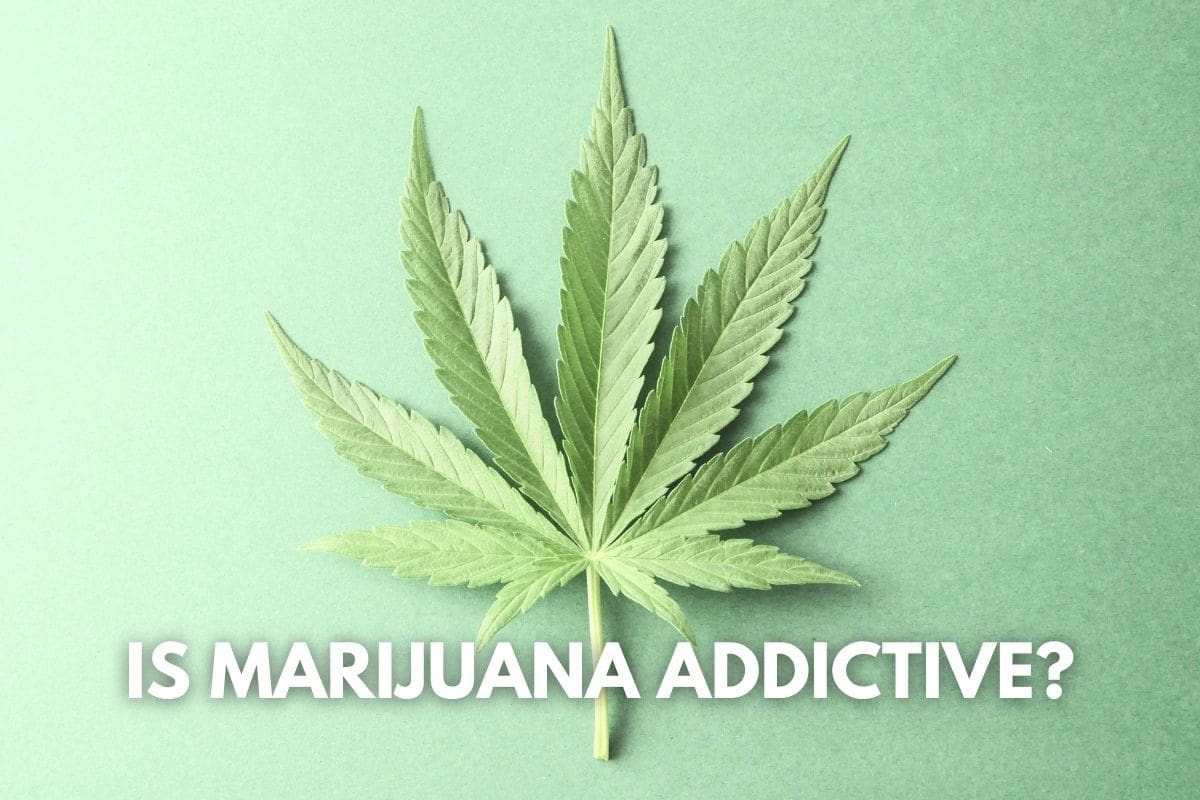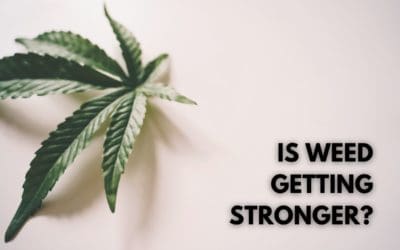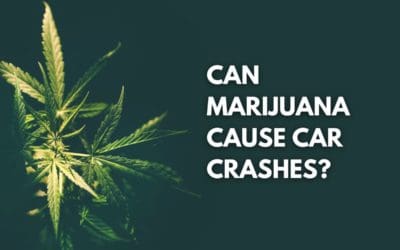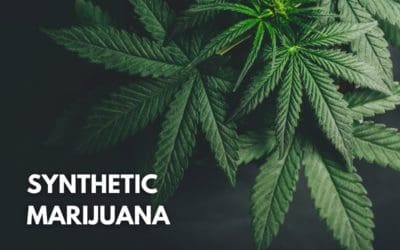As more states approve the use of recreational marijuana, the debates around its safety and addictive potential continue to escalate. Throughout the years, studies have proven the beneficial medicinal effects of marijuana.
Yet, the US Drug Enforcement Agency (DEA) still lists marijuana as a Schedule 1 substance, which means it has a high potential for addiction with no potential or approved medical uses. To put it in perspective, other substances with this categorization include heroin, LSD, MDMA, and ecstasy.
Nonetheless, despite many individuals considering marijuana not addictive, recent studies point otherwise.
How Marijuana Affects the Brain
Recent studies in humans have proven the long-term effects of marijuana on the brain. Studies suggest that regular marijuana use in adolescence can change specific brain regions involved in executive functions such as learning, impulse control, and memory. However, other studies have not found a significant difference between people who use and do not use the drug.
The conflicting evidence in humans is what makes the marijuana addiction debate so complex.
However, when looking at rat brains, marijuana altered the hippocampus, the region of the brain responsible for memory formation. In rat studies, subjects exposed to THC (delta9-tetrahydrocannabinol) showed significant learning and memory tasks problems. They also experience cognitive impairment associated with structural changes to this region of the brain.
Researchers believe something similar can happen in humans. As we age, our hippocampus structure changes, which is why our ability to learn new information decreases. Chronic THC exposure may accelerate the loss of hippocampal neurons.
Why Is Marijuana Considered Addictive?
Recent data suggest at least 30% of marijuana users have some degree of marijuana addiction or marijuana use disorder. Marijuana is considered addictive because it leads to dependence, which causes withdrawal symptoms when someone stops taking the drug.
Marijuana users often report irritability, mood changes, cravings, and restlessness when they quit marijuana altogether. Once the brain becomes accustomed to the effects produced by marijuana, it reduces the sensitivity, which is why users feel the need to increase their dosage and use.
Most people don’t know that there are diagnostic criteria for marijuana use disorder. Besides experiencing withdrawal symptoms, other marijuana addiction symptoms include:
- Experiencing physical symptoms without marijuana
- Feeling like you need marijuana to function efficiently
- Inability to stop using marijuana, even when you want to
- Engaging in illegal or bad habits to get more marijuana
- Having legal or financial difficulties because of the drug
- Spending too much time getting, using, and recovering from marijuana use
Roughly 9% of people who use marijuana will become dependent on it. For those who start in their teens, the risks of developing an addiction multiplies by four.
Is Medical Marijuana Addictive?
The potential medicinal benefits of marijuana continue to be the subject of debate. So far, the Food and Drug Administration (FDA) has only approved a handful of THC medications to treat nausea in patients undergoing chemotherapy.
Most researchers considered these medications, with purified chemicals derived from those in the marijuana plant, to be more promising than the use of the whole marijuana plant. While both medical marijuana and recreational marijuana are considered not physically addictive, they can still be psychologically addictive.
Because marijuana may cause changes to the brain’s structure and ease symptoms, it’s possible to develop dependence and addiction.
Marijuana Addiction Help and Treatment
It’s very common for people who abuse marijuana to attempt to quit. In fact, the average marijuana user will try to quit marijuana over six times. Nonetheless, with the proper support, it’s possible to treat marijuana use disorders. Most people don’t need medical detox treatment services or intense supervision while quitting marijuana. However, people with co-occurring mental health disorders or polysubstance abuse problems should consider detox in a rehab facility for help managing withdrawal symptoms.
Depending on the severity of addiction and whether or not other substances are involved, these therapies may help:
- Cognitive-behavioral therapy (CBT): is a form of psychotherapy that focuses on identifying problematic behaviors and enhancing self-control skills.
- Contingency management (CM): is a therapeutic approach to addiction based on monitoring behavior and addressing it by providing or removing positive rewards when the behavior occurs or does not.
- Motivational interviewing therapy (MI): involves a series of interventions designed to produce rapid change; this form of treatment doesn’t treat the patient but focuses on helping them realize their internal resources for change and engagement in further treatment.
Currently, there are no FDA-approved medications to treat marijuana addiction. If you or someone you know is dealing with marijuana use disorder, consider speaking with your healthcare provider or addiction specialist to discuss treatment options.

































